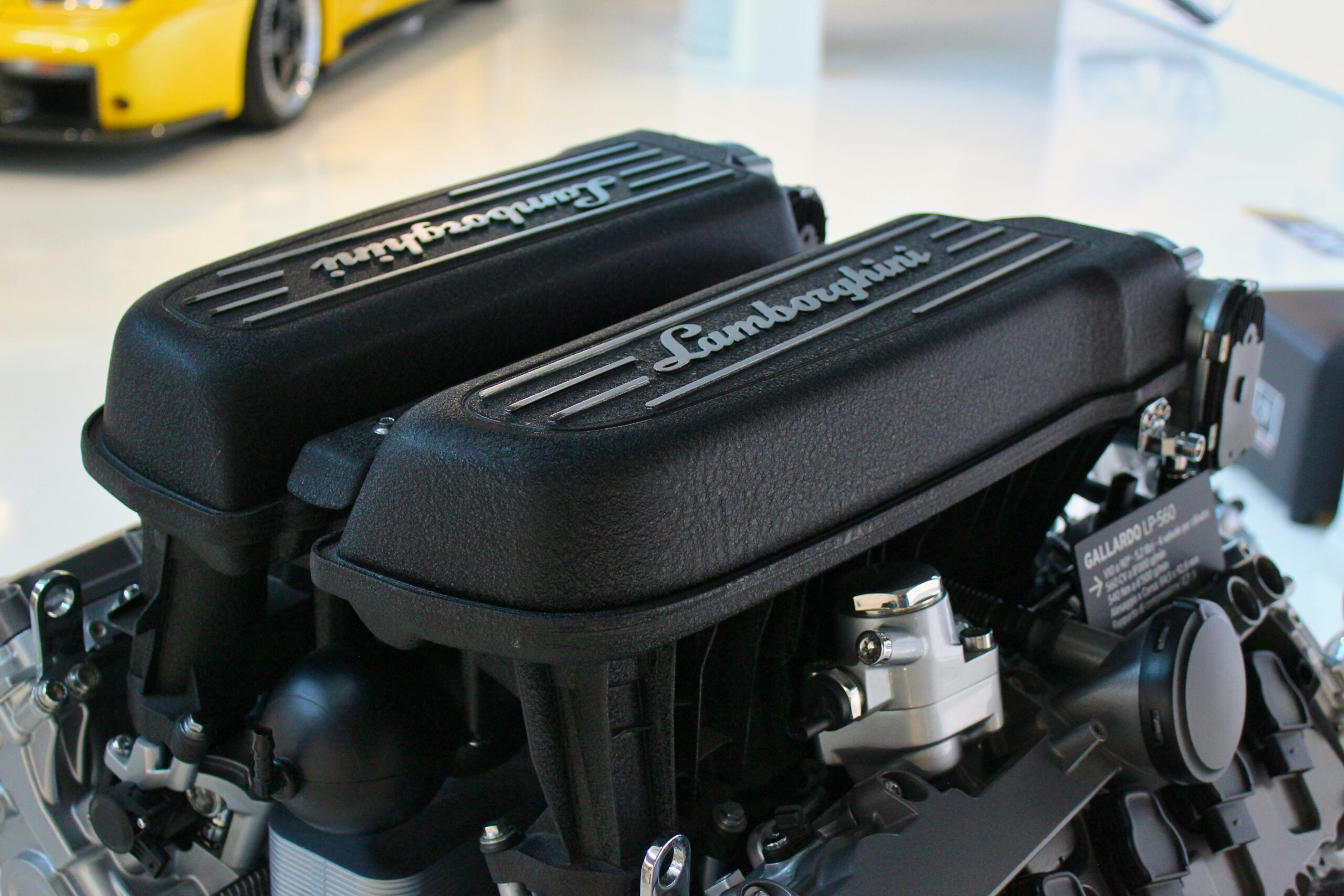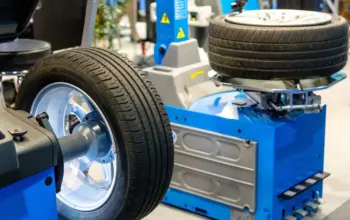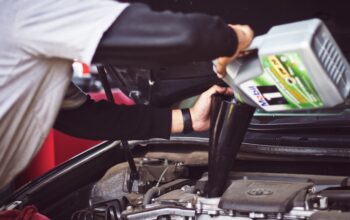Uzone.id – A car engine is the heart of every vehicle. It contains hundreds of components interacting in a very complicated fashion to provide power to the wheels. Each component has a certain role it plays and is highly sensitive to any environmental changes, including water exposure.
Washing a car engine without prior knowledge may be fatal. Some risks can occur from careless washing of a car engine. One of the biggest risks is that of short-circuiting in the electrical components. When water enters the electrical system, it may cause a short circuit and damage the components, even triggering a fire.
Moreover, washing the car engine for too long can corrode some parts. Long exposure to water will cause the corrosion of metallic parts such as bolts, nuts, and engine frames. This will weaken the structure, hence reducing its life.
“While keeping your engine clean can enhance its appearance, it’s crucial to remember that excessive water exposure can lead to corrosion and electrical issues. Always consult your vehicle’s manual for specific cleaning guidelines,” said Carlos Tavares, CEO of Stellantis.
Also, car washing is harmful to electronic components. Normally, the electronic components are coated with insulators to avoid a short circuit. Water can destroy these insulating layers, which makes the components more vulnerable to damage.

Water used to wash the engine may contain dirt and dust particles. The dirt comes in handy in the crevices of components, which often leads to mechanical damage. The water containing dirt and dust particles in it may also damage sensors.
The vast majority of sensors in modern times are sensitive to water in a big way. When water reaches the sensor, it disrupts its functioning, hence leading to a suboptimal running of the engine.
Most Vulnerable Components
- Alternator: This component functions to generate electricity to charge the battery. If exposed to water, the windings inside can short-circuit.
- Coil: The coil converts low electric current into high current to ignite the spark plug. Water can damage the insulation of the coil and cause interference with the ignition system.
- Injector: Injectors spray fuel into the combustion chamber. Water can clog the injectors and disrupt the combustion process.
- Sensors: Various types of sensors, such as temperature sensors, oxygen sensors, and pressure sensors, are very sensitive to water.
- Cables and Connectors: Electrical cables and connectors exposed to water may corrode or short-circuit.
“The intricate nature of modern engines makes them susceptible to water damage. It’s advisable to leave engine cleaning to professionals who understand the delicate balance of components and can ensure proper care,” said Dr. Richard Parry-Jones, mantan Chief Engineer of Ford Motor Company.
If you want to clean your car’s engine, there are safer ways such as using specialized cleaning fluids. Engine cleaning fluids are designed to remove dirt without damaging components. If using water, avoid spraying water directly onto the engine. Use a low-pressure water spray or a wet cloth to clean hard-to-reach parts.
We recommend that before washing, cover electrical components such as the alternator, coil, and sensors with plastic or cloth so that they are not exposed to water. After cleaning, dry the engine thoroughly using a dry cloth or compressed air. But if you’re not sure how to clean the engine properly, it’s best to take your car to a repair shop.
Car engines are complex and sensitive systems. Washing the engine carelessly can cause serious and costly damage. Therefore, it is important to understand the risks associated with washing the engine and follow the correct procedure. With proper maintenance, your car engine will keep working optimally for a long time.













